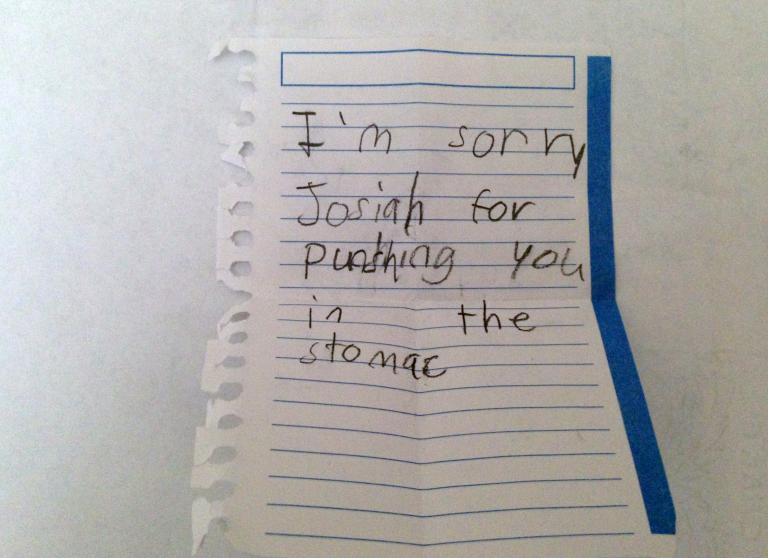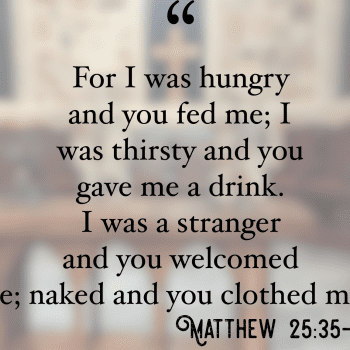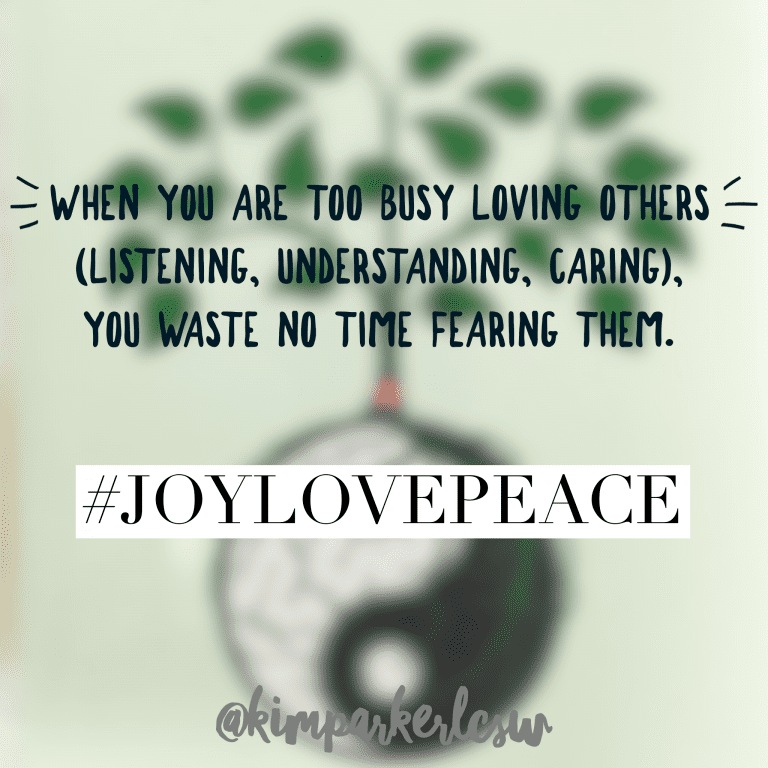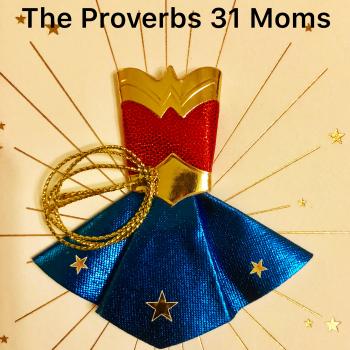This past week has taught us that life is full of broken relationships. While there is plenty of beauty and hope, the news media often magnifies the darker side—violence and hatred. Dark feelings are beneath these insidious acts, whether it was the tragic killing of another human being in the midst of law enforcement, or the unnecessary murders of five officers of the peace, or even radical Islamic terrorism against the eighty civilians in Nice, France (and other parts of the world). These emotions include anger, bitterness, resentment, hopelessness, fear, and even rage. That’s where parents come in.

Yesterday morning was a wild and crazy time in the Parker household. There were tears, tantrums, screamings, provocation, arguments, and a momentarily out of control momma trying to handle it all. When you have three kids born within a few years of each other, a lot of testosterone, and only a little patience to go around, then you have opportunities to train up a child on how to handle his stress well. I’m not sure that I did a good job looking back, as I ended up yelling like the kids. But, after the crisis subsided, quiet peace ensued. Followed by a little boy writing notes to his older brother and me to address the mistakes made.
After a few minutes of sulking and quiet introspection, I decided that it was time to be a grown woman. I modeled apology skills to my kids by admitting where I went wrong. Then, my little son slipped me an envelope. As I opened the carefully folded and stapled exterior, I read the endearing note inside: “Dear mom, I’m sorry. But I am still angry.” I thought, wow, he can express his mixed emotions so well, so succinctly. A boy of few words, but full of meaning, like his grown father.
A few apologies and hugs later, and my little son did the same for his older brother, who was still in the sulking stage of events. Big brother, unlike I, was not ready to make amends but proceeded to stew in his sorrow, sadness, and confusion longer. However, as momma and little brother pursued him, I could sense his anger and defensiveness waning. Pretty soon he joined the rest of the family in a make-up game—Ticket to Ride. Then he proceeded to tell me why he did what he did, trying to paint himself in a positive light. I’ve heard his articulation of positions before—very carefully thought out like a lawyer. But still, I gave him my listening ear and empathetic attitude. Now was not the time to point out his sins.

Brokenness, followed by processing and healing, followed by more wrongs, followed by making things right, followed by more mistakes/impulsiveness, followed by more apologies and forgiveness. This list goes on and on when you are parenting young kids. Heck, it is even applicable for healthy marriages that want to go the long haul.
As author Jill Savage in My Heart is At Home points out, children learn about relating with others through their relationships with their moms, dads, and siblings. They also learn from extended family members and friends. But it first starts in the home. Are you providing a safe, nurturing environment for your kids to be needy humans? To learn and grow despite all the messy moments that go with that? Are you modeling what it means to be mature? Or are you harboring grudges, anger, resentment, fears, and judgment?
As leaders in our homes, we can raise children to be able to identify what they are feeling, cope with their feelings in productive, healthy ways, and even make a positive difference in this big world. It takes one set of parents, one family, one home, one community, and one nation to make a difference in this big world.












